
Technologies
Comment
Comment
For several years, we have observed a steadily growing interest in solutions based on artificial intelligence technology, and currently, many business needs require the development of algorithms with a significant degree of complexity. Therefore, as AI becomes a business-expected solution, it's not surprising that an increasing number of developers interested in developing their skills and careers are also focused on it. Within our IT structures, we observe a high interest in the activities of the PZU GPT Lab team, established as a sandbox. The team tests the use of popular generative artificial intelligence in meeting business needs. We provide our employees with training programs so they can expand their knowledge and acquire important skills for us, while also giving them the opportunity to test their acquired knowledge in practice. We try to share knowledge and experience on artificial intelligence, including during internal conferences, such as PZU Tech Day, or by producing the <<silni w IT>> technology podcast, the first season of which we dedicated to AI.
The results of the report show that half of the respondents see AI as an opportunity for their career development. This level is comparable to the results of last year's study. Skeptics still constitute a decided minority. The positive attitude towards AI may be partly related to the skills concerning the use of another tool, expanding the range of competencies, and thus increasing their value in the eyes of potential employers. At the same time, many IT specialists see an opportunity in solutions supporting daily work and software production, especially those of a low degree of complexity. At PZU, we internally test popular solutions, trying to verify the real value they can bring to programmers.



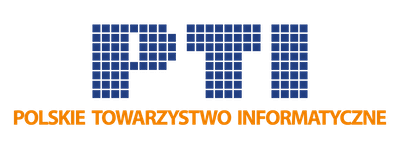

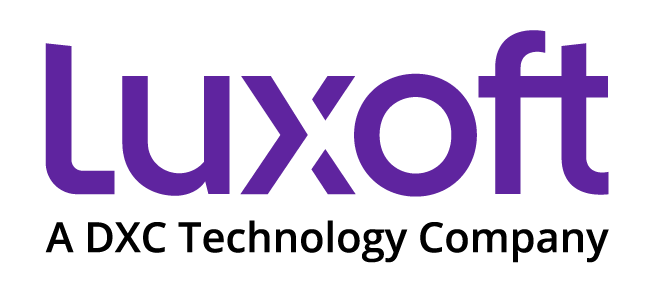

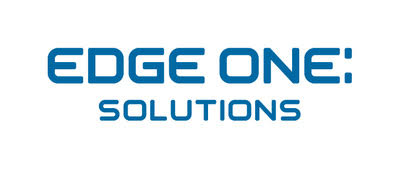


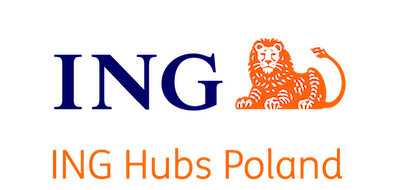
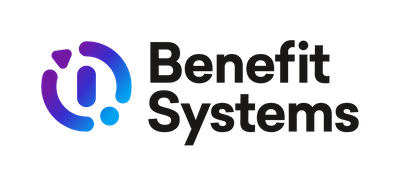




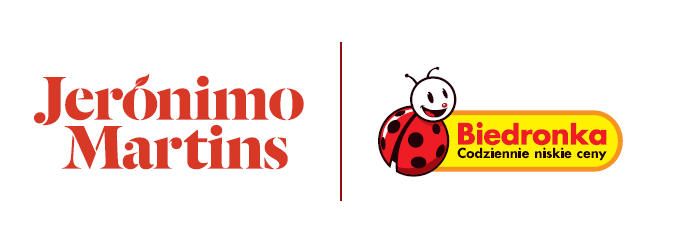










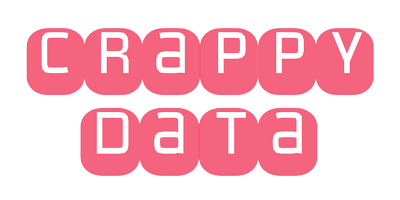





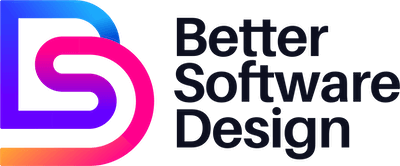


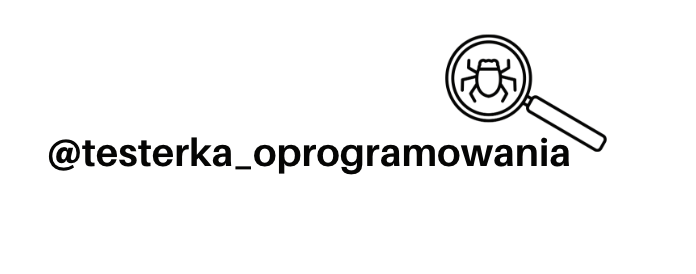

SQL takes first place, and it's not by accident. Are you programming web apps? Or maybe mobile? Is Data Science or AI your thing? Without a doubt, data needs to be stored somewhere, and SQL fits the bill perfectly.
However, moving on to more "creative" languages, we see a strong position for JavaScript and TypeScript. The development of Node.js over the years positions JS not only as the sole language operating directly on the browser side (excluding HTML), but also a serious candidate for backend, games, and even hardware. Undoubtedly, it's worth knowing.
The development of Python in 3rd place is also not surprising. In the age of artificial intelligence, I predict that this language will only become more important. And although its style and syntax, unlike still popular object-oriented languages like Java, C#, or my favorite - PHP, are somewhat different, it's worth directing your attention here as well.
Go, Rust, or R, while not ranking high, are considered languages for specialists. Therefore, it's worth paying attention not only to what the crowd follows but also to areas where market competition is significantly limited. However, I wouldn't recommend these technologies to beginners, as they are somewhat more demanding. Nonetheless, due to their not very widespread use, this could be an interesting and well-paid niche.